Design Technology
Curriculum overview for Key Stage 3 Design Technology: Food/Product Design/Textiles
National Curriculum programme of study: Design and Technology https://assets.publishing.service.gov.uk/media/5a7c99ebed915d6969f46087/SECONDARY_national_curriculum_-_Design_and_technology.pdf
Curriculum intent – the knowledge, understanding and skills that students will learn
The separate Key Stage 3 Design Technology subjects of Food, Resistant Materials and Textiles are taught at Blackfen School on a 12-week rotation in weekly, one-hour lessons. The department of Design and Technology aims to build on the skills and knowledge students learn at primary school. Our vision is to engage young people in design and technology, developing them to be designers and informed consumers of the future, alongside ensuring that all students understand and apply the principles of nutrition, balanced diets and learn how to cook. The Design and Technology staff team inspire and educate students to become critical thinkers, problem solvers and to build resilience, equipping them to become future designers, food technologists, and engineers. We motivate students to consider the social, cultural and moral issues related to designs and seek to teach them to use their knowledge and skills with confidence and accuracy and to enhance their education. We create a stimulating and exciting practical learning environment, encouraging students to learn independently, while aiding them to achieve to the best of their ability. All students are encouraged to work independently across the full range of learning regrading food, resistant materials and textiles. Each subject offers unique challenges to students that encourage individual, peer, team and whole class participation, whilst having an awareness of safety for themselves and others. Students enjoy the practical lessons that encourage active participation and gain satisfaction in producing their own unique product. Throughout the key stage, students develop a confidence with tools and equipment and share new skills with others while continually applying their ever-growing knowledge. Key skills help to develop confidence in critical thinking, problem solving, researching and evaluating, some students will continue to study Design and Technology for a GCSE qualification, selecting the subjects of Textiles or NCFE Level 1/Level 2 in Food and Cookery.
Curriculum implementation – teaching, learning and assessment strategies
Our Key Stage 3 Design and Technology curriculum is taught by subject specialists in four bespoke teaching rooms and supported by specialist technicians. Students have to meet the high expectations of the Design and Technology staff, who encourage them to make good progress in all areas. They are fully supported through exemplar modelling and demonstration. Lessons are engaging, active and relevant to a modern technological society, incorporating a range of inclusive designers and practitioners to inspire students’ imaginations and designs. Students also work in exercise books throughout their Design and Technology journey, thereby demonstrating their progression through each rotation and subject discipline, and are able to review prior learning of key information, subject specific vocabulary and completed homework tasks. Students are fully engaged in lessons and frequently express their enjoyment of the subject and its different material areas. Their understanding and knowledge is assessed regularly throughout Key Stage 3, based on their mastery of the principles of designing, making, evaluating and technical knowledge. Students undertake two assessments in each technology subject, both of which are tailored to the subject they have been learning: one assessment of theory or design and one assessment of skills demonstrated in prototyping products.
Curriculum impact – intended outcomes for students
By the end of Year 9, Blackfen students are able to relate Design Technology to the real world, and have a growing technical knowledge of Design Technology in a variety of material areas including Food, Resistant Materials and Textiles. Students should be able to problem solve a real, contextualised brief in a variety of disciplines, and know how to critique and evaluate their own work and the work of others. They finish Key Stage 3 with a solid foundation of the knowledge and skills of design and technology.
Assessment overview for Key Stage 3 Design Technology: Food/Product Design/Textiles
Year 7 and Year 8
A base line assessment of skills and knowledge is set for students at the start of the academic year in Year 7, informing the planning of teaching and learning, as well as establishing individual starting points. Assessment outcomes are used in conjunction with whole school achievement data to set challenging subject targets. Capability is assessed through mastery of knowledge and understanding of the core principles of Design and Technology; designing, and development of informed attitudes and opinions. The wide-ranging content naturally lends itself to a variety of assessment strategies which can be used to focus teaching and support on students’ needs and in recognising achievement.
Year 9
In Year 9, students are challenged to be more independent in their decision-making and implementation of the practical skills and knowledge that have been developed in Year 7 and Year 8. Students are continually assessed in lessons and receive immediate verbal feedback. Homework tasks focus on deepening and expanding their breadth of subject understanding, as well as introducing aspects of GCSE Design and Technology.
In addition to on-going formative assessment based on classroom and home learning, summative assessment of students’ progress in Key Stage 3 Design and Technology takes place in line with whole-school arrangements for assessment. Please see the Curriculum and Assessment policy on the Curriculum website page for further details about Key Stage 3 formal assessment.
